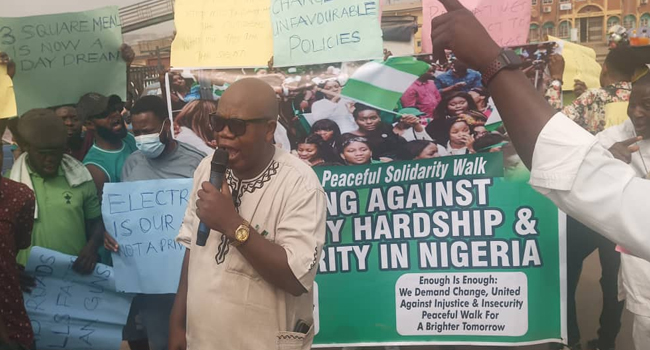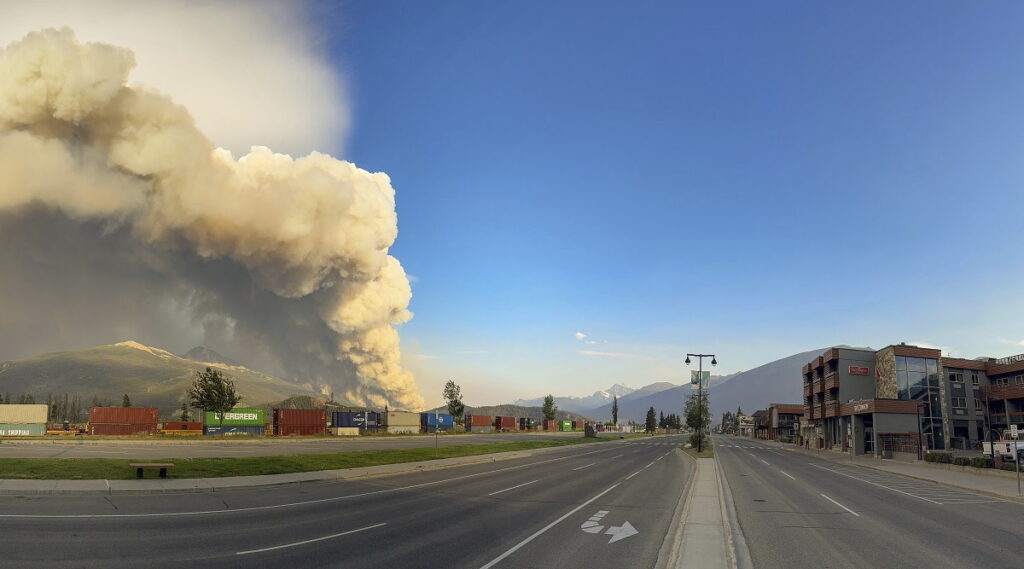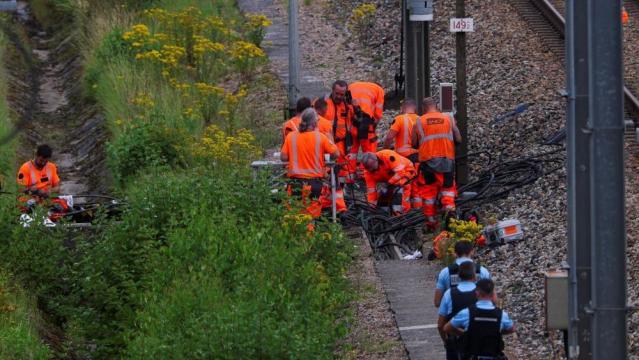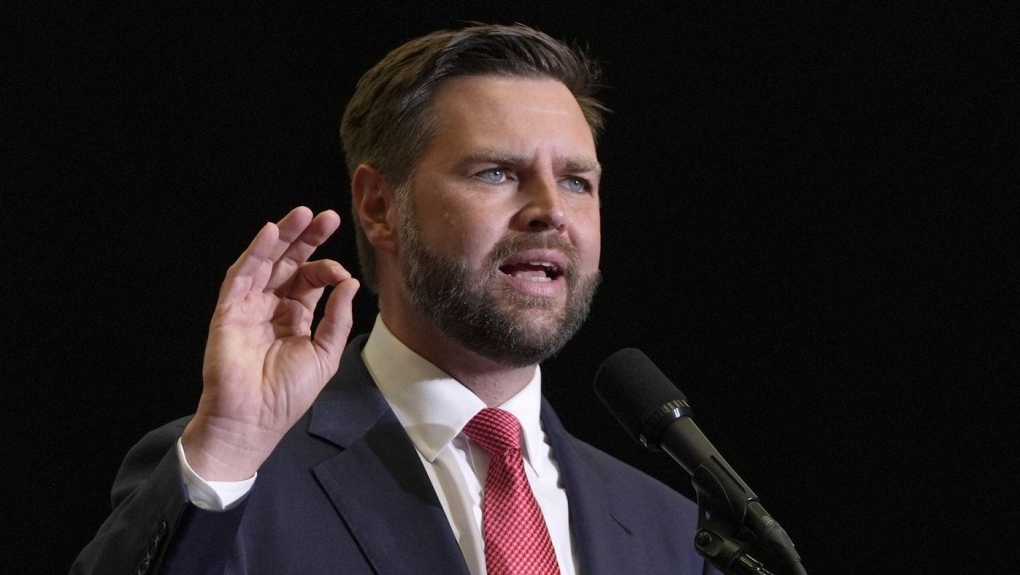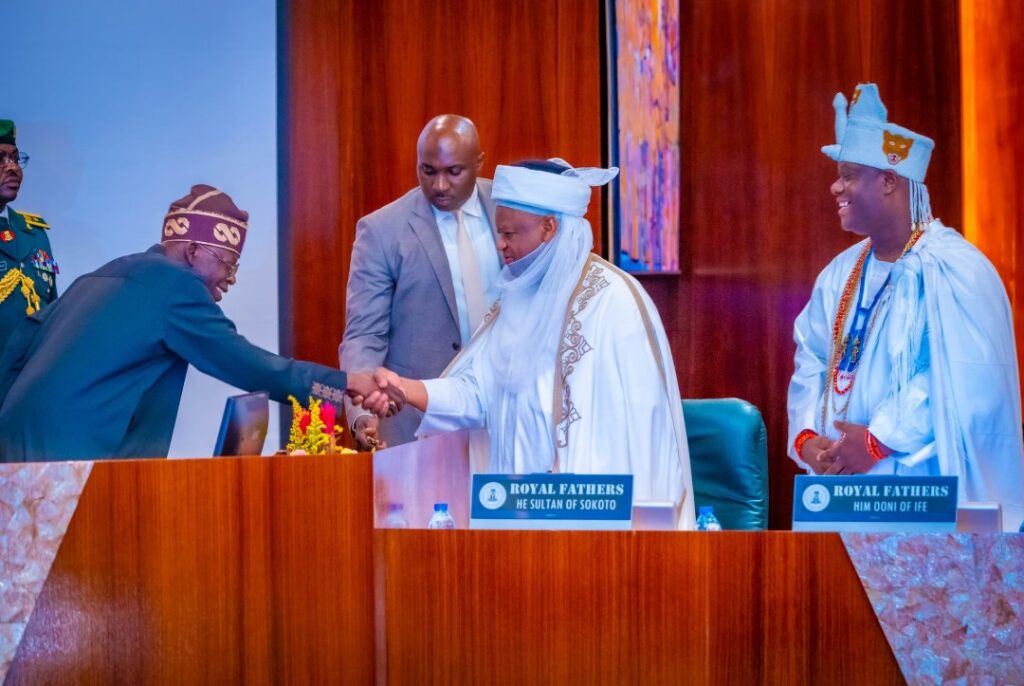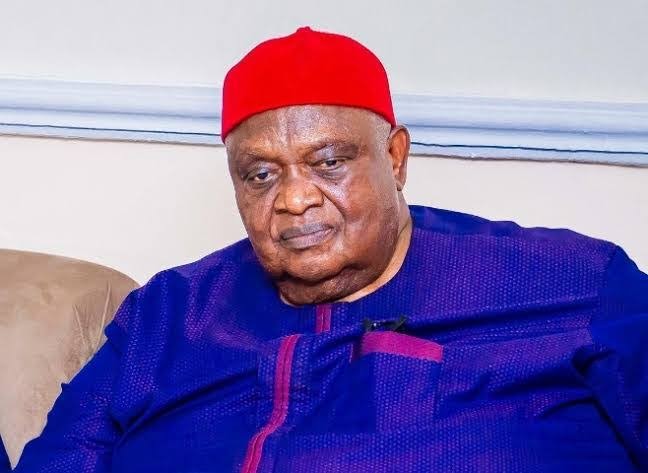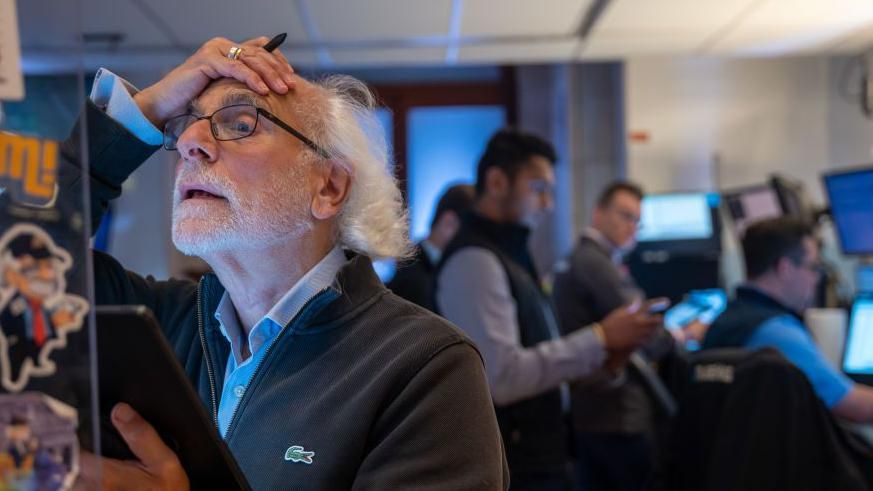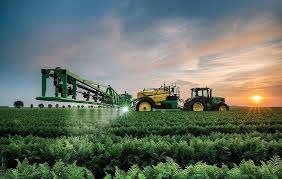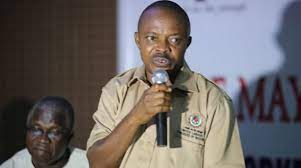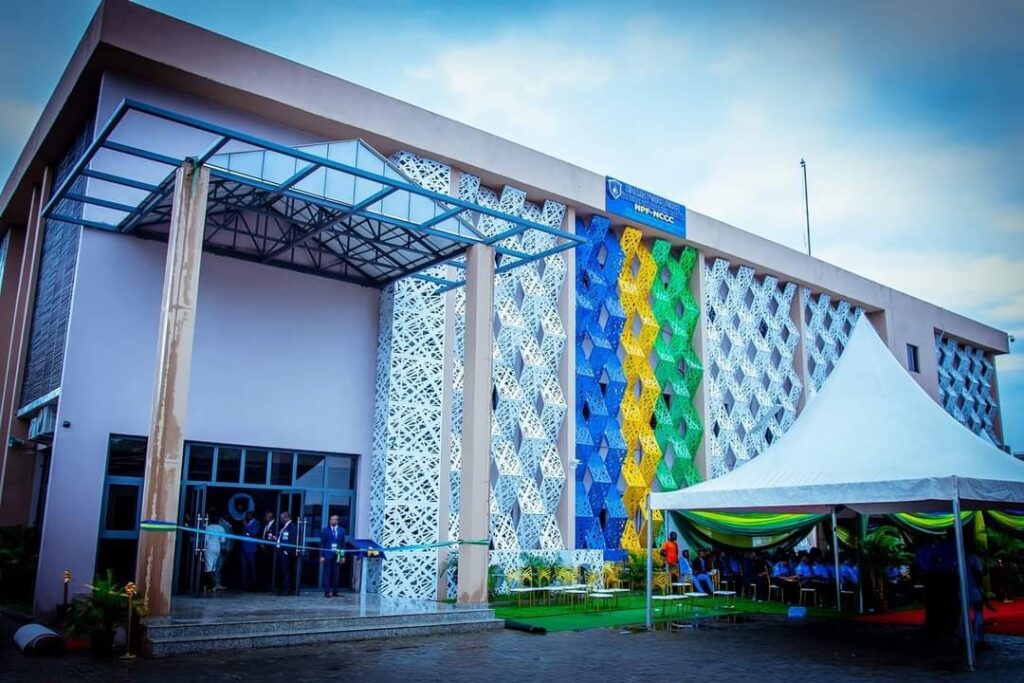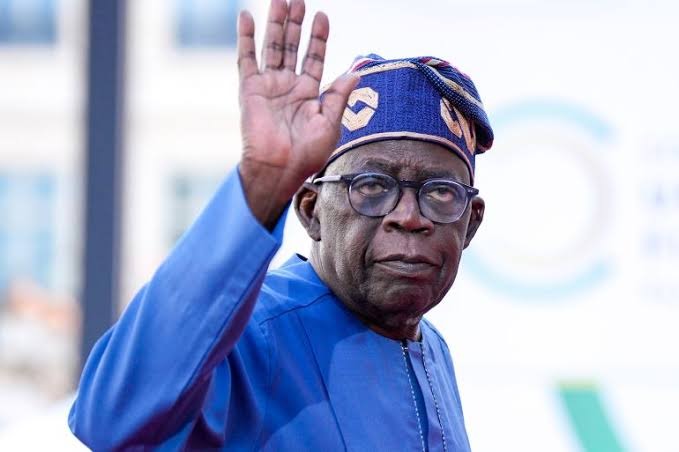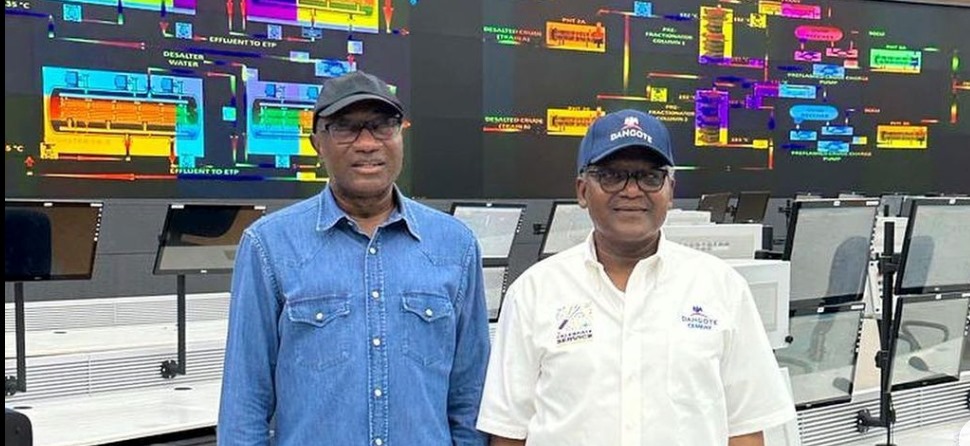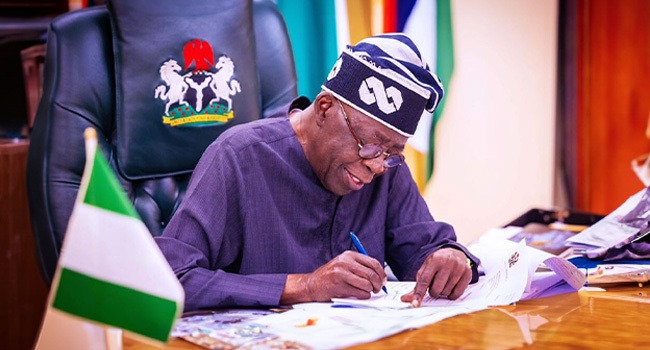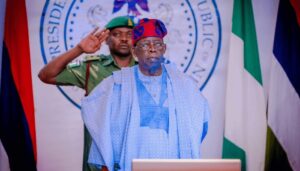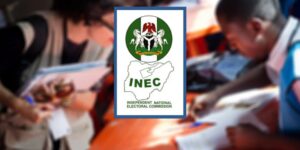Following recent protests in various parts of Nigeria, including Kano, Niger, and Lagos, citizens in Ibadan, the capital of Oyo State, took to the streets on Monday morning to voice their grievances over the high cost of living and food inflation.
The demonstrators gathered in the Mokola area carrying placards with messages such as ‘The poor are starving’ and ‘Tinubu, don’t forget your promises,’ among others
Despite police presence to maintain order, the protesters expressed dissatisfaction with the prevailing economic conditions.
The police had on Sunday warned that no breach of peace would be allowed during any protest in the state.
Nigerians have been complaining bitterly about the current situation.
Nigerians in some parts of the country have resorted to using charcoal as the cost of Liquefied Petroleum Gas, otherwise known as cooking gas, has continued to skyrocket.
This is just as the cost of charcoal has also risen owing to high demand, with some people switching to firewood.
The surge in cooking gas prices has further exacerbated the situation, with a 12.5kg cylinder now costing around N18,000.
Last week, the African Development Bank (AfDB) had reported that rising prices of fuel and other commodities could lead to social unrest in Nigeria, Ethiopia, Angola, and Kenya.
The AfDB gave the warning in its macroeconomic performance and outlook for 2024 in which it projected Africa’s economy to grow higher than the 3.2 per cent recorded in 2023.
The bank cautioned that an increase in fuel and commodity prices occasioned by currency depreciation or subsidy removal in Nigeria, Angola, Kenya, and Ethiopia could trigger internal conflicts.
It stated, “Internal conflicts and violence could also result from rising prices for fuel and other commodities due to weaker domestic currencies and reforms.
“For instance, the removal of fuel subsidies in Angola, Ethiopia, Kenya and Nigeria and the resulting social costs has led to social unrest driven by opposition to government policy.”
Despite government efforts to address the crisis, including the formation of committees and warnings about potential social unrest, the price of cooking gas continues to rise.
At a meeting with governors and heads of security agencies last week, President Bola Tinubu charged them to work towards addressing the economic hardship.
”What I will not do is to set a price control board. I will not also approve the importation of food. We should be able to get ourselves out of the situation we found ourselves in, because importation will allow rent seekers to perpetrate fraud and mismanagement at our collective expense. We would rather support farmers with the schemes that will make them go to the farm and grow more food for everyone in the country.
”We must also look at the rapid but thoughtful implementation of our livestock development and management plans, including dairy farming and others,” the President had said.
President Bola Tinubu emphasized the need for strategic agricultural initiatives to mitigate food shortages and reduce dependency on imports during a recent meeting with governors and security agencies.

